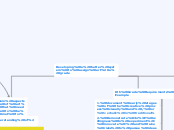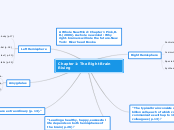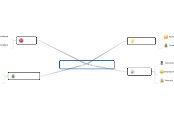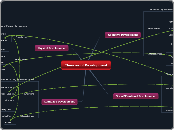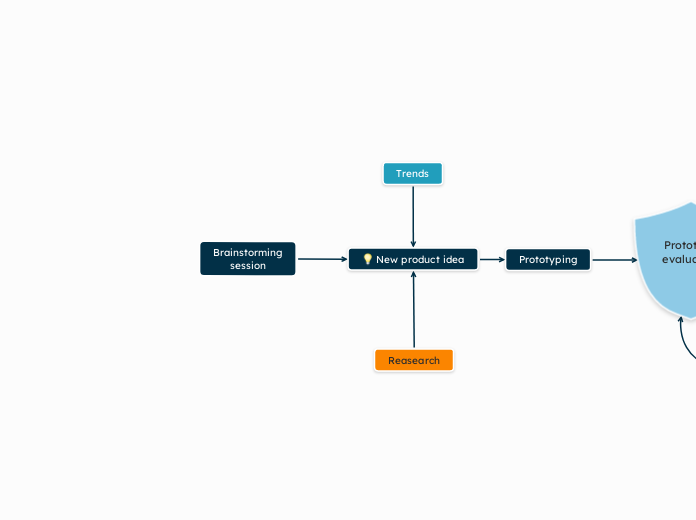par Hannah Lissy Il y a 6 années
232
Final Project
The provided text discusses the rationale behind making specific revisions and condensing certain points in an educational context, particularly related to art studies. It emphasizes the importance of clarity in distinguishing between various aspects, such as whether certain points refer to famous artworks or student creations.
